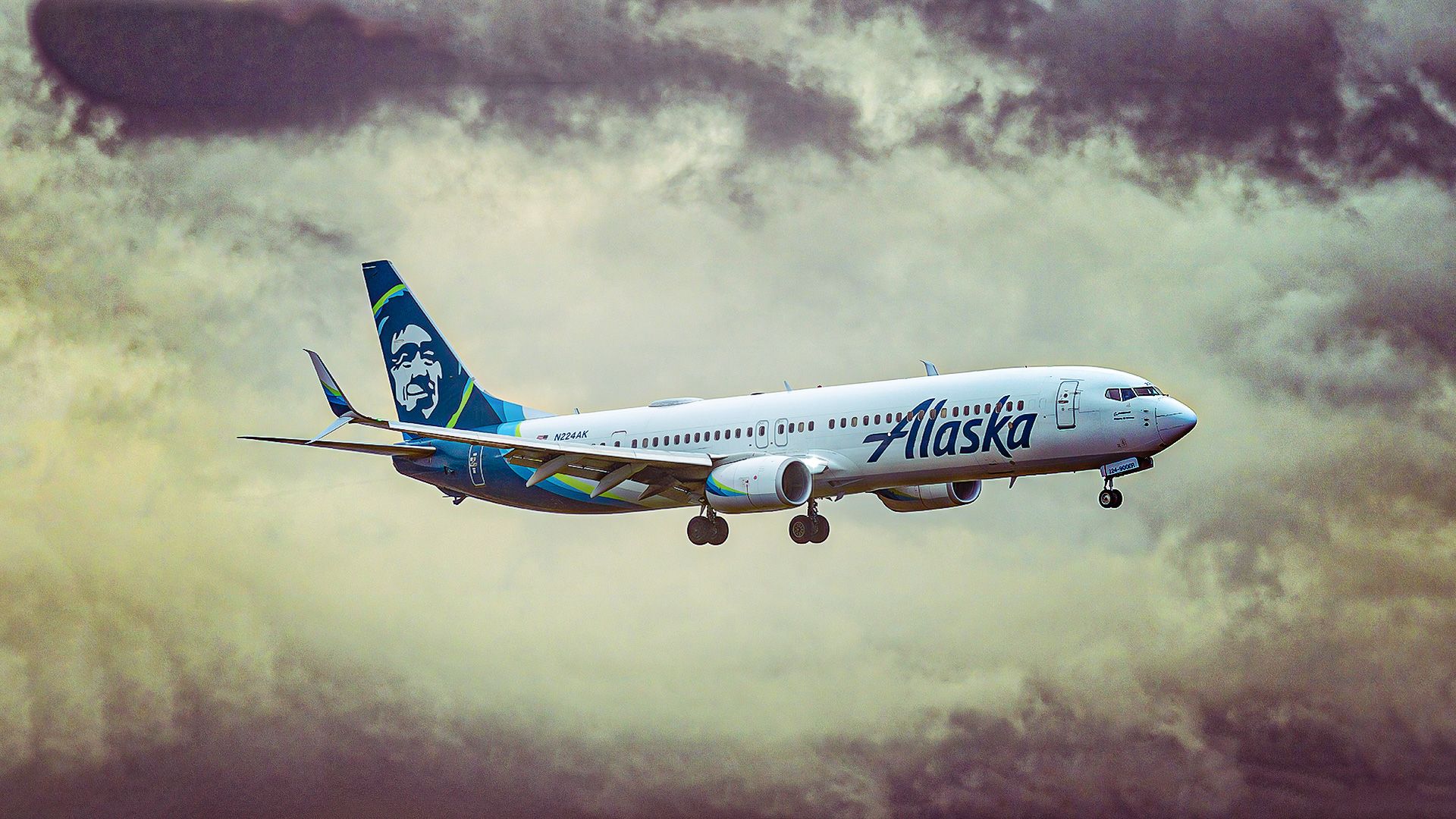World
Alaska Airlines Faces Legal Setback in Virgin Trademark Case

On October 3, 2025, the High Court of Justice ruled against Alaska Airlines in its appeal regarding trademark royalties owed to the Virgin Group. The Seattle-based airline sought to overturn a previous decision mandating payment of $160 million in royalties. The court reaffirmed that Alaska Airlines is obligated to compensate Virgin for the rights to use the Virgin brand, despite having ceased use of those rights following its acquisition of Virgin America between 2016 and 2018.
The court’s ruling stated that “the effect of my conclusions is that Virgin is entitled to a monetary judgment in the amount of the minimum royalties for the period up to September 23, 2022.” This decision underlines the legal complexities surrounding brand ownership and usage rights in the airline industry.
Background of the Alaska-Virgin Royalty Dispute
Virgin America merged with Alaska Airlines in July 2018, after which it ceased operations. As part of the merger, rights and assets were transferred to Alaska Airlines, and an initial royalty payment of nearly $8 million per year was established for the continued use of the Virgin brand. Following the merger, Alaska Airlines discontinued the use of Virgin branding and argued that it should not be required to continue paying the minimum royalty.
In contrast, the Virgin Group maintained that it was entitled to annual minimum royalties from 2016 through 2039. Alaska Airlines contended that the ongoing payment requirement was not clearly stipulated in the original agreement. Court documents reveal that Alaska Airlines claimed it should retain control of the Virgin trademarks for 25 years without making payments, given that it no longer utilized them. The court rejected this assertion, emphasizing that the brand retains value by preventing competitors from using the Virgin name in the U.S. market.
The ruling clarified that Alaska Airlines does not have the authority to unilaterally terminate the licensing agreement, a key aspect of Virgin’s case against the airline. The court highlighted that exclusivity is only one benefit Alaska gains, as it still maintains the right to use the Virgin trademarks, even if it opts not to.
The Significance of the Virgin America Acquisition
The airline industry has undergone significant consolidation in recent years, with only a handful of major carriers remaining. The merger between Spirit Airlines and JetBlue was recently blocked due to anti-competitive concerns, while Alaska Airlines is set to fully integrate Hawaiian Airlines by 2026.
Founded by Richard Branson, the Virgin Group launched Virgin America in 2004 to penetrate the U.S. domestic airline market. Over the next decade, Virgin America rapidly expanded, operating nearly 70 aircraft and serving over 30 destinations across North America by 2014. That year, Virgin America went public, marking its debut as a publicly traded company on the NASDAQ.
In early 2016, Alaska Airlines made a bid of $44.75 per share for Virgin America, igniting a bidding war that eventually culminated in Alaska acquiring the airline for $2.6 billion. This acquisition allowed Alaska to eliminate a key competitor and significantly enhance its route network and profitability, positioning it as the fifth-largest airline in the United States by acquiring valuable airport slots.
Delta Air Lines’ Involvement in the Dispute
In the context of the Virgin trademark dispute, Delta Air Lines has also become a focal point due to its partnership with Virgin Atlantic. Alaska Airlines accused Delta of indirectly promoting Virgin-branded services on U.S. domestic flights, particularly through Virgin Atlantic’s Flying Club loyalty program. This, Alaska claims, infringes on its exclusive rights to the Virgin brand in the United States.
Delta responded to inquiries from the Atlanta Journal-Constitution, labeling Alaska’s legal claims as “meritless.” The airline emphasized that the dispute primarily lies between Alaska Airlines and the Virgin Group, asserting that Delta is not a party to the case.
As the legal proceedings unfold, the implications for both Alaska Airlines and the Virgin Group remain significant, impacting branding strategies and financial obligations in an increasingly competitive airline industry.
-

 Science3 months ago
Science3 months agoToyoake City Proposes Daily Two-Hour Smartphone Use Limit
-

 Health4 months ago
Health4 months agoB.C. Review Reveals Urgent Need for Rare-Disease Drug Reforms
-

 Top Stories4 months ago
Top Stories4 months agoPedestrian Fatally Injured in Esquimalt Collision on August 14
-

 Technology3 months ago
Technology3 months agoDark Adventure Game “Bye Sweet Carole” Set for October Release
-

 World3 months ago
World3 months agoJimmy Lai’s Defense Challenges Charges Under National Security Law
-

 Lifestyle4 months ago
Lifestyle4 months agoVictoria’s Pop-Up Shop Shines Light on B.C.’s Wolf Cull
-

 Technology3 months ago
Technology3 months agoKonami Revives Iconic Metal Gear Solid Delta Ahead of Release
-

 Technology3 months ago
Technology3 months agoApple Expands Self-Service Repair Program to Canada
-

 Technology3 months ago
Technology3 months agoSnapmaker U1 Color 3D Printer Redefines Speed and Sustainability
-

 Technology3 months ago
Technology3 months agoAION Folding Knife: Redefining EDC Design with Premium Materials
-

 Technology4 months ago
Technology4 months agoSolve Today’s Wordle Challenge: Hints and Answer for August 19
-

 Business4 months ago
Business4 months agoGordon Murray Automotive Unveils S1 LM and Le Mans GTR at Monterey









